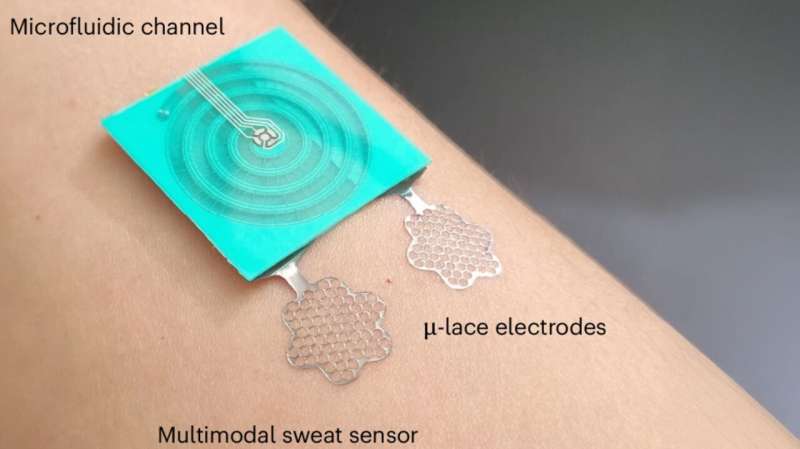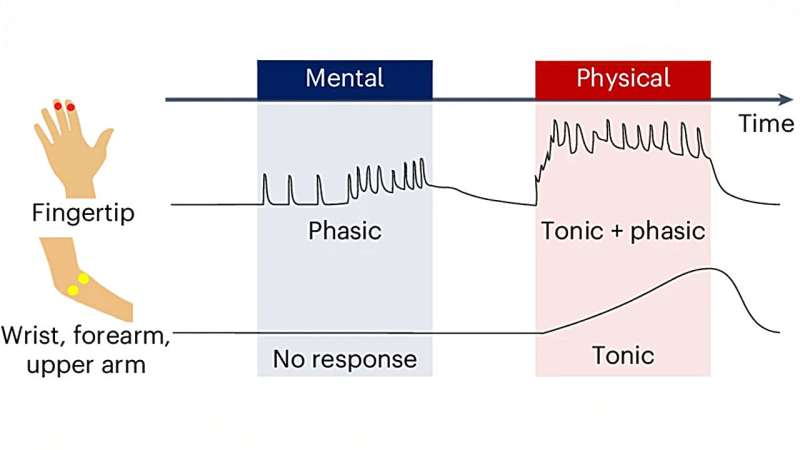Staying hydrated isn’t always as simple as it sounds — but a new skin-friendly sensor developed at UC Berkeley could make dehydration a thing of the past, all while doubling as a stress monitor.

Dehydration often sneaks up before you notice — whether you’re on a long jog or parked at your desk. But thanks to a breakthrough by UC Berkeley researchers, a new wearable sweat sensor could soon help you stay ahead of the curve.
The team introduced a thin, breathable sensor that monitors electrodermal activity (EDA) — an electrical signal generated by your skin. While EDA has long been associated with tracking emotional stress, the researchers discovered it can also reliably indicate hydration status during both physical and mental tasks.

What sets this innovation apart is its user-friendly design. According to Seung-Rok Kim, co-lead author and postdoctoral researcher, the sensor is light, flexible, and seamlessly integrates into wearable tech like fitness trackers. No bulky add-ons or disposable patches are required — making real-time health tracking easier than ever.
The device can offer broad benefits: athletes could prevent dehydration during intense training, while students or office workers could monitor stress levels to optimize focus and well-being. “This tech empowers people to make smarter choices about their health throughout the day,” said Yifei Zhan, co-lead author and graduate researcher.
One major hurdle for EDA-based hydration tracking has been sweat buildup, which can interfere with the signal. To solve this, the researchers designed three types of water-permeable electrodes that let sweat pass through rather than pool under the sensor, improving both comfort and accuracy. Looking ahead, the team aims to refine the sensor by studying how environmental factors and individual skin types affect the data — paving the way for smarter, more personalized health wearables.
“This opens the door to everyday, passive monitoring of hydration and stress using devices people already wear, like smartwatches,” explained Ali Javey, professor of electrical engineering and materials science, and the study’s lead investigator.







